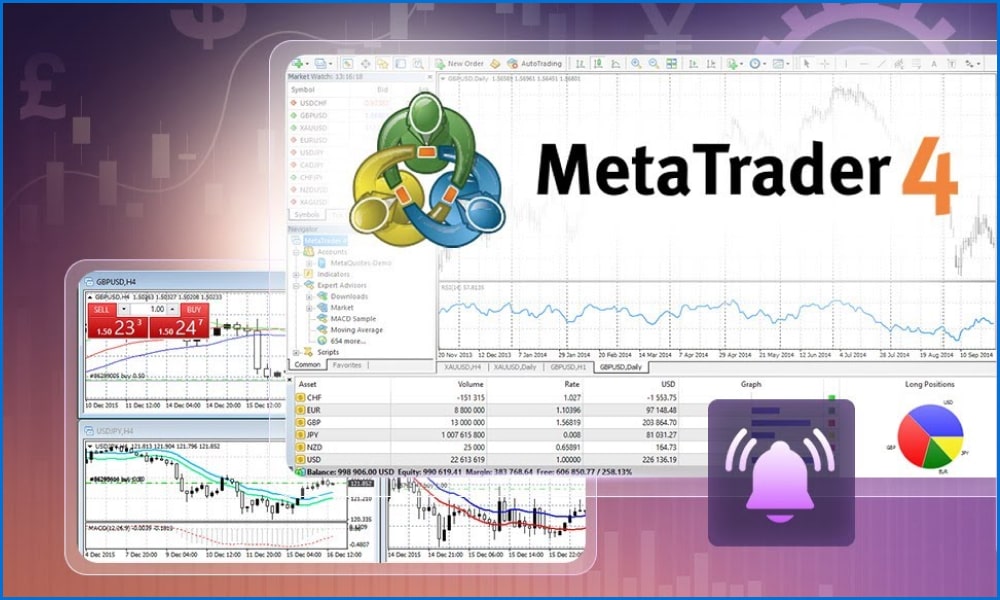Backlinks are a crucial factor when it comes to search engine optimization (SEO). The more high-quality backlinks your site has, the higher it will rank on search engines.
It is essential to obtain high-quality backlinks from sites with excellent authority and trustworthiness. Backlinks will give your search rankings and organic traffic a boost.
Link building:
One of the primary ways search engines like Google evaluate a website’s popularity is through links. Each link to your site acts like an endorsement and those from authoritative sources have more value.
That is why many businesses utilize link-building to boost their search engine rankings. There are various tactics and strategies for link building. So you need to determine which ones work best for your business.
For instance, getting a link from a blog with an adjacent topic can help increase the visibility of your website. It also increases brand awareness and allows you to reach new audiences.
Another successful link-building strategy involves submitting articles to respected publications. This can be accomplished via sites like HARO, which allows journalists to submit queries. Although it requires time and effort, the effort pays off with many links in the long run.
You could also write guest posts for other websites to build relationships with business owners and gain great opportunities for link-building.
However, you should exercise caution with these techniques as getting links from low-quality blogs or forums could potentially lead to Google penalties. Be wary of this move!
Additionally, you should steer clear of link bait in your link-building strategies. Studies have revealed that content that is popularly shared on social media doesn’t typically generate many backlinks.
Therefore, you should strive to create great, informative, and captivating content that people want to share with their followers. Furthermore, make sure all of your articles contain relevant links.
Links from other sites can help boost your ranking on search engine result pages (SERPs). Those websites will be more likely to promote their content when others mention it, which in turn boosts organic traffic and an overall ranking for yours.
You can even use tools to discover the top-ranking pages for your desired search query and see which ones have the most links. This data will give you insight into what type of links to seek out and how to improve your rankings by getting more high-quality links.
On-page optimization:
On-page SEO is the practice of optimizing your web pages to boost their rankings in search results. This involves tweaking content, HTML code, and site design while also emphasizing user experience techniques.
The page content is the cornerstone of on-page SEO, as it conveys to both search engines and readers what your site is about. To ensure its effectiveness, page content should be carefully written with relevant keywords included, as well as tailored to meet the needs of specific buyer personas.
The page title, a brief description of your page that appears on SERPs, is another crucial aspect of on-page SEO. Although not an official ranking factor, it can influence clickthroughs from search results to your page. We offer guidance for writing effective meta descriptions that will increase click-through rates to your website.
Headers – consisting of HTML elements h1>, h2>, and h3> – are essential for on-page SEO. Search engines use them to comprehend your page’s subject matter and prioritize the most pertinent parts of it based on how people search for it.
Your homepage is an ideal starting point for on-page SEO, as it can be optimized for various types of traffic and keywords. For instance, if you have a blog, optimize your home page for both general audiences and specific terms like “blogging tips” or “marketing tips.”
In addition to the elements mentioned previously, you should also ensure your website is mobile-friendly. Google considers your website’s mobile responsiveness an important on-page SEO factor since it can affect user experience and ultimately affect rankings.
Make sure your page loads quickly, as this is an important factor for both search engines and users alike. If your website takes too long to load, visitors may leave quickly and you could potentially lose them.
On-page optimization (OPO) is one of the most cost-effective ways to increase your business’s online visibility. Additionally, it’s an incredibly effective means of reaching new customers and increasing sales. Starting with OPO is simple – simply follow these steps for better results over time.
Off-page optimization
If you want to boost your site’s ranking, there are a few elements you must take into account. These include on-page SEO and off-page SEO.
On-page SEO refers to optimizing elements such as title tags, headings, and content on your website in order for Google to recognize the significance and importance of each page.
Off-page SEO, on the other hand, refers to a strategy you use to encourage other websites to link back to yours. This is an integral component of any successful SEO plan as it helps boost your domain authority.
Links from reliable websites are an important ranking factor for search engines. They offer your website many advantages, such as increased traffic, higher rankings, and a better online reputation.
To attract credible sites to link back to yours, create high-quality content. This could take the form of blog posts, infographics, or even videos.
Conduct competitor research and examine the types of content that is successful for your competitors. Doing this can give you innovative ideas for developing your own off-page SEO strategy.
Tools like Ahrefs and SEMrush can help you determine which sites are linking to your competitors’ pages. Doing this gives you a good indication of which websites are the most authoritative within your niche.
Another great strategy is reaching out to influential figures in your niche and asking them to promote your brand on social media platforms. Influencers have become a go-to marketing resource, giving you the chance to get in front of an entirely new group of potential customers.
Once you’ve identified some key influencers, begin reaching out to them with your content. Doing so could result in more social media shares and backlinks from those websites.
Once you’ve built up some backlinks, ask them to write guest posts about your content on their website. Doing this will not only increase your domain authority but also demonstrate that you are an authority in your niche.
Keyword research:
Keyword research is the process of discovering what search terms people use when looking for products, services, or businesses online. It plays a significant role in SEO and content marketing as it informs your strategy as well as the type of content that should be created.
Effective keywords in your content can significantly boost website traffic, conversion rates, and brand recognition. Furthermore, they will position your business as an authoritative source and inspire audiences to trust you.
Additionally, it provides insight into the questions your target audiences are asking and their pain points, so you can better tailor content to meet their needs. Doing this positions your brand as an authority on the topic at hand and sets you apart from competitors who fail to learn what their customers want.
By targeting keywords with high search volumes, you can identify topics your audience wants to learn about and create content that answers their queries. Doing this will create a strong foundation for your SEO campaign that will enable you to rank for more terms in the future and boost visibility among your desired viewers.
Once you’ve generated your initial list of keywords, it’s time to delve deeper into them. This can be accomplished either through Google itself or using various keyword research tools.
It is critical that the keywords researched for your brand or business are pertinent and will generate a return on investment in terms of traffic, sales, and conversions. To do this effectively, ensure the targeted words have a high volume of searches aren’t too competitive, and don’t cover too many topics at once.
Another tip to keep in mind is to prioritize long-tail keywords over short ones. This is because they typically have higher search volumes, are more pertinent to your niche, and will be simpler for you to rank for.
You can also do some research by exploring the websites currently ranking for your target keyword and seeing what types of content they feature. You may be pleasantly surprised to discover they offer a wealth of informative and educational material that isn’t directly product-focused.







